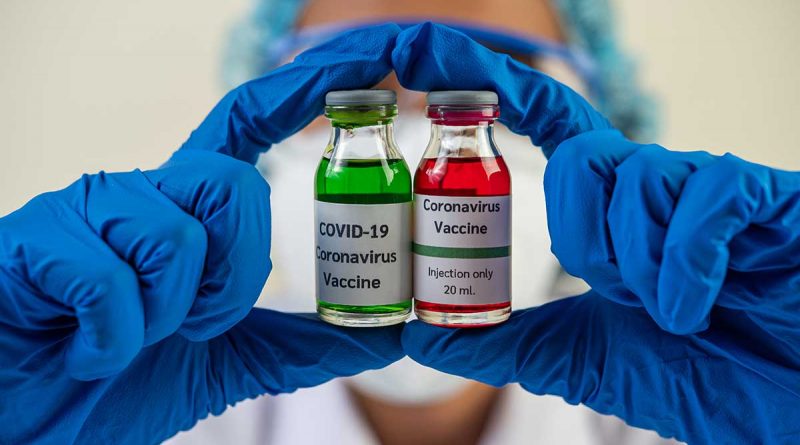What you need to know about COVID-19 after vaccination
What you need to know about COVID-19 after vaccination
More and more people are hearing about vaccinated people who got sick with COVID-19. This was to be expected, and we’ve compiled the main things to know about such cases.
Infections don’t mean vaccinations are useless. All vaccines are flawed. Even the measles vaccine, which is considered very effective, does not protect about 3% of people. Another problem with COVID-19 is that the coronavirus that causes the disease is much easier to encounter than the measles or, say, polio viruses. Nevertheless, vaccinated people very rarely end up in the hospital and die.
SARS-CoV-2 variant “delta” probably has an easier time infecting vaccinated people. Studies show that in the case of “delta,” vaccine efficacy is reduced by several percent. This variant is more contagious. In addition, orders of magnitude more viral particles are found in the nasopharynx of those infected, which means more particles in the air around them as well.
If vaccinated people do get infected, they usually don’t get sick severely or don’t notice anything at all. Of the 164 million Americans vaccinated, 1,507 died from COVID-19, and a study of health care workers found that vaccinated people had a 58% lower risk of fever, spent on average two fewer days in bed than other patients, and recovered six days faster.
Once infected, vaccinated people can transmit the virus to others. There is some evidence of this, but not enough yet to accurately assess the risks.
Some people are more likely to be infected after vaccination. The fact is that people with weakened immune systems – who have received an organ donation, have cancer, have advanced HIV infection or untreated diabetes – have less protection. For the elderly, the risk is also higher. In these cases, it probably wouldn’t hurt to get a second vaccination. Finally, even if your immune system is fine, you can get infected in a poorly ventilated room full of people.
Masks give extra protection. They are especially needed indoors, but should also be worn outdoors when there are many people around: cases of transmission at outdoor music festivals are known.
